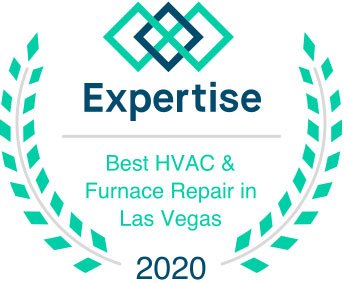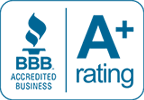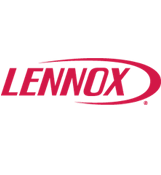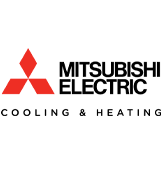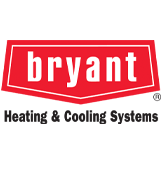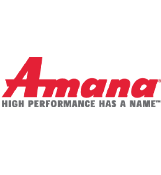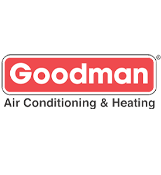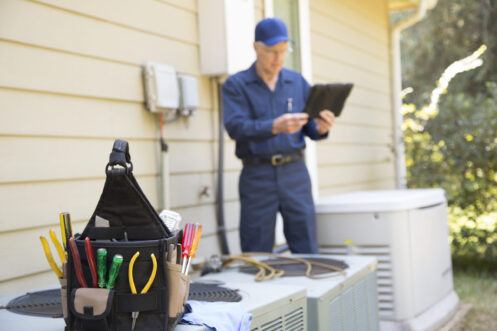
Now that the summer’s starting to wind down, it’s a great time to upgrade your HVAC system, which will prepare you for the cold winter months and ensure you’re ready for the next summer season. Even well-maintained HVAC units need replacing eventually. If your current unit has undergone numerous repairs or is more than 10 years old, it might be time to seek an upgrade. During your search, there are many considerations to keep in mind.
Identify Specifications for Existing System
If you want to replace an existing HVAC system, look at the manual it came with to identify its specifications. The details you should search for include everything from capacity to energy efficiency rating. Write down the most important information before you start shopping for an upgraded HVAC system.
System Type
There are five primary types of HVAC systems, which include everything from split systems to geothermal units. Consider the pros and cons of each type before deciding which one is right for you.
Package Unit
A package unit is a type of heat pump that places every component in a single enclosure. This unit doesn’t require numerous connections to a home during the installation process. It’s possible to use a package unit in combination with a split system. In this scenario, the ducts would need to connect to the main enclosure.
An advantage of selecting this type of HVAC unit is that the costs are lower since you aren’t receiving multiple units for your home. Fewer components also mean that the installation process is straightforward. These units are mainly meant for installation in one-story homes. Otherwise, you may require a split system.
Split System
Split systems keep the air handler separate from the condenser that’s positioned outside your home. The air handler is often placed in an attic or small closet. If you get this system, the condenser connects to the air handler via ductwork. The unit connects to your thermostat with basic wiring.
The primary advantage of selecting this option is that you can have these systems installed in nearly every home. A split system might come with more features as well, which include better efficiency and more advanced compressors. However, the costs are usually higher, regarding the equipment and labor.
Hybrid Split System
Hybrid split systems use electricity and gas to either heat or cool the indoor air. Because of the expanded functionality, hybrid systems are oftentimes more expensive than the alternatives. The higher costs often come with better reliability. While hybrid systems are highly efficient, they typically have more complex installation processes.
Hybrid units come with flexibility but can require consistent maintenance. Both units must be properly maintained to ensure the entire system is running properly. Maintenance costs can accumulate quickly.
Geothermal
Geothermal systems are the newest form of HVAC unit. They can obtain temperature from the ground. The process of heating air usually requires a considerable amount of energy. On the other hand, geothermal systems use underground pipes, which is why it doesn’t take much for them to maintain the temperature of your indoor air.
The size of your home determines how much ground is necessary. The main advantage of installing a geothermal system is that they are highly efficient, which also makes them more environmentally friendly than other units. While geothermal units have many advantages, they require a lengthy and expensive installation process.
Ductless Mini-split System
Ductless mini-split systems can heat or cool a home without sending the air through ducts. You can install small, individual units in different rooms and areas in your home, which means that you can keep each room at a different temperature. All individual units connect to a larger condenser that sits outdoors.
Ductless units offer a high level of zone control and connect via drain lines, which can keep condensation from damaging the unit. These units are most effective when used in smaller homes or rooms that are difficult to heat or cool with a central HVAC system.
Air and Temperature Quality
While searching for the right HVAC system, consider adding components that help with air and temperature quality. For example, you can install a UV light in an HVAC unit to eliminate many indoor air contaminants. If you use a HEPA filter, it captures most allergens and contaminants before the air circulates into your home.
System Size
Make sure you choose the right system size for your home. If the unit is larger than it needs to be, it can cycle more often than necessary, which puts it under more wear and tear. If the unit is too small, it could always remain on, which wastes a large amount of energy. Consider asking an HVAC professional to help you determine which size is best for your home.
Level of Efficiency
HVAC units are becoming increasingly efficient. To account for updates to HVAC technology, Seasonal Energy Efficiency Ratio (SEER) ratings are routinely updated to ensure homeowners have access to efficient units that save money. If efficiency is important to you, compare the rating of a new unit with the rating of your current HVAC. Higher ratings are better.
Compatibility With Modern Thermostats
To get the most out of your HVAC system, consider pairing it with a programmable thermostat. These devices allow you to manage many different settings on your HVAC system from your smartphone. When you arrive at work, you can change the indoor air temperature to lower your energy costs. A modern thermostat can improve the lifespan of your HVAC system. While many programmable thermostats give you control through your smartphone, some are controllable from a cable that connects to different areas in your home.
Pricing
Price is an important aspect of purchasing a new HVAC system. To understand the entire pricing structure surrounding your unit of choice, compare the upfront costs with the savings you’ll make in the coming years. The average costs of an HVAC system depend on the unit’s size, the installation costs, and the brand you buy.
Standard air conditioners usually cost anywhere from $3,000-$8,000. Geothermal pumps, however, can cost anywhere from $15,000-$35,000. If you opt for an electric furnace as part of your HVAC system, it can run you several thousand dollars.
Indoor Air Quality Components
HVAC systems often come with extra components that help with the quality of your indoor air. Along with an efficient air filter, you should also consider buying a humidifier alongside the unit to maintain the right moisture level in your home.
If you’re about to purchase a new HVAC system and need to have it installed, request the installation services of our HVAC professionals at Polar Air & Heating, Inc.. We provide Las Vegas residents with a wide range of HVAC services, which include inspection, repair, and maintenance. Our team can also help you choose a new unit if you have yet to purchase one. Some of the additional offerings we provide include indoor air quality testing, air purifier installation, and UV light installation. Call Polar Air & Heating, Inc. today to learn more!


